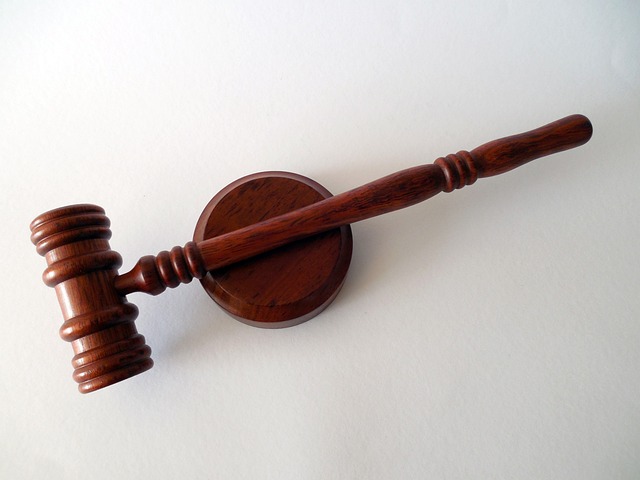Contempt of court, a serious legal issue, involves willful disobedience or disregard for court orders, hindering justice. Recognizing signs like absence, insolent behavior, or rule breaking is crucial. Causes range from ignorance to defiance, requiring education, accessible resources, and fair enforcement. Strategic navigation through communication, check-ins, and order interpretation avoids contempt charges, maintaining respect for the court.
“Navigating the complex landscape of contempt of court can be a challenging task, but understanding these legal nuances is crucial for all individuals. This comprehensive guide offers expert advice on recognizing and addressing contempt challenges. From the legal definition and real-world examples to identifying behavior that crosses the line, this article illuminates the signs and causes behind such actions. Additionally, it provides effective solutions and strategies to prevent and resolve contempt, empowering readers with knowledge to safeguard their standing in court.”
- Understanding Contempt of Court: Legal Definition & Examples
- Recognizing Signs: When is Behavior Contemptuous?
- Common Causes: Why Are Contempt Actions Necessary?
- Effective Solutions: Strategies to Avoid and Resolve Contempt
Understanding Contempt of Court: Legal Definition & Examples

Contempt of court is a serious legal issue that occurs when an individual, willfully or deliberately, disobeys or shows disregard for a court’s orders or proceedings. It is essentially a violation of a court’s authority and can arise from various actions or inactions. This may include failing to appear in court as ordered, refusing to follow a judge’s instructions, or making false statements under oath. For instance, if a person fails to pay child support as mandated by a previous court ruling, they could face charges of contempt.
The legal definition of contempt can vary slightly across jurisdictions, but generally, it involves intentionally hindering the court’s ability to administer justice fairly and efficiently. Courts have the power to punish contempt through fines, imprisonment, or both. Understanding what constitutes contempt is crucial as it helps individuals recognize potential pitfalls and take proactive steps to avoid such legal challenges.
Recognizing Signs: When is Behavior Contemptuous?

Contempt of court is a serious matter that arises when individuals, including witnesses, lawyers, or even parties involved in a case, show disrespect for the judiciary by failing to comply with court orders or engaging in disruptive conduct. Recognizing the signs of contempt is crucial as it allows for prompt action to maintain the integrity of the legal process.
Behaviors that warrant attention include willful failure to appear in court as directed, insolent or disruptive conduct in the courtroom, refusal to follow judicial instructions, or any actions that impede the administration of justice. It’s essential to remember that contempt is not merely about breaking rules; it involves a deliberate act or omission that challenges the authority and process of the court.
Common Causes: Why Are Contempt Actions Necessary?

Contempt actions are often necessary to uphold the authority and integrity of the court system. Common causes for contempt challenges arise from a variety of situations where individuals or entities fail to comply with court orders, disrespect the legal process, or impede the administration of justice. These actions can range from deliberate non-compliance with subpoenas or judgments to disruptive behavior in courtrooms.
The root causes behind these contemptuous acts vary widely, but they often stem from a lack of understanding of legal obligations, financial inability to fulfill court-mandated actions, or intentional defiance of judicial authority. Addressing these issues requires a multifaceted approach involving legal education, access to resources for fulfilling orders, and strict but fair enforcement mechanisms to ensure respect for the court system and its processes.
Effective Solutions: Strategies to Avoid and Resolve Contempt

Contempt of court is a serious matter, but it can be avoided and resolved through strategic measures. One effective solution is open communication between all parties involved. Encouraging dialogue and understanding can prevent misunderstandings that might lead to contempt charges. Regular check-ins and clear, respectful exchanges ensure everyone is on the same page, fostering an environment conducive to cooperative problem-solving.
Another key strategy is establishing and adhering to clear court orders. When a judgment or decision is made, all parties must fully comprehend and comply with these orders. If there’s uncertainty, seeking clarification from the presiding judge promptly can avert potential contempt issues. Proactive interpretation and strict adherence to legal directives are essential in maintaining respect for the court and avoiding future conflicts.






